The journey to becoming a Nobel laureate is often seen as the pinnacle of success in the sciences. However, behind these prestigious achievements lies a story of unequal access to opportunity, which affects who gets to reach such heights. The article “Access to Opportunity in the Sciences: Evidence from the Nobel Laureates” by Paul Novosad, Sam Asher, Catriona Farquharson, and Eni Iljazi sheds light on how socioeconomic background influences who becomes a Nobel laureate, revealing a landscape of challenges and slow progress towards equal access.
The study dives into the childhood socioeconomic status (SES) of Nobel laureates, focusing on the period from 1901 to 2023. It finds that most laureates come from elite backgrounds, with an average father’s income at the 87th percentile and education at the 90th percentile. The data paints a picture where around 50-60% of laureates hail from the top 5% of households, emphasizing how socioeconomic status can act as a gatekeeper to opportunities in science.
The analysis shows that the range of socioeconomic backgrounds among Nobel laureates has expanded over the last century. In 1900, laureates were largely from families at the 92nd income percentile, whereas today’s laureates come from families closer to the 85th percentile. While this shift suggests progress, the study notes that the pace is slow—it could take centuries before the backgrounds of Nobel winners align with the general population.
Gender Disparities: A Steeper Climb for Women
The study highlights that female Nobel laureates tend to come from even more elite families than their male counterparts. On average, female winners come from families at the 91st income percentile, compared to the 87th for men. This suggests that, despite progress, women still face additional barriers to success in science that require higher levels of family support to overcome.
Geographic Inequalities: The Role of Place
One of the study’s most striking findings is the role of geography in shaping opportunities. U.S.-born laureates, for example, come from slightly less elite backgrounds compared to those born in Europe, suggesting a more equal access to opportunity within the United States. The study also explores how cities with greater intergenerational mobility—places where children have better chances of surpassing their parents’ socioeconomic status—tend to produce more Nobel laureates.
The study correlates regions with high upward mobility (where children from low-income families have better opportunities to succeed) with a higher production of Nobel laureates. Surprisingly, regions where high-income status is less stable (meaning children from wealthy families might not maintain their status) also produce more Nobel laureates. This suggests that regions with more dynamic economic mobility might foster a better environment for scientific talent to thrive, regardless of background.
Perhaps the most concerning finding is the global disparity in scientific opportunity. When comparing the SES of Nobel laureates from different countries, the study finds that the average global income rank of a laureate’s family remains around the 95th percentile. This figure has barely changed over the past 120 years, indicating that while some regions have improved access, global inequality in scientific opportunity persists.
Conclusion: A Call to Action
The study by Novosad and his colleagues offers a sobering reminder of the many untapped talents around the world who could contribute to scientific progress. As the researchers suggest, expanding access to scientific opportunities could not only lead to a fairer system but also accelerate human progress by harnessing a broader range of talent. Addressing these inequalities is essential, not just for the sake of fairness, but for the continued advancement of science.


 an IAPS Workshop, on August 21st at 2:30 PM CEST, on the topic of Advocacy for IAPS members only
an IAPS Workshop, on August 21st at 2:30 PM CEST, on the topic of Advocacy for IAPS members only a social session, on August 17th at 12:00 PM CEST, for Physics students to share with each other their experiences in studying Physics
a social session, on August 17th at 12:00 PM CEST, for Physics students to share with each other their experiences in studying Physics
